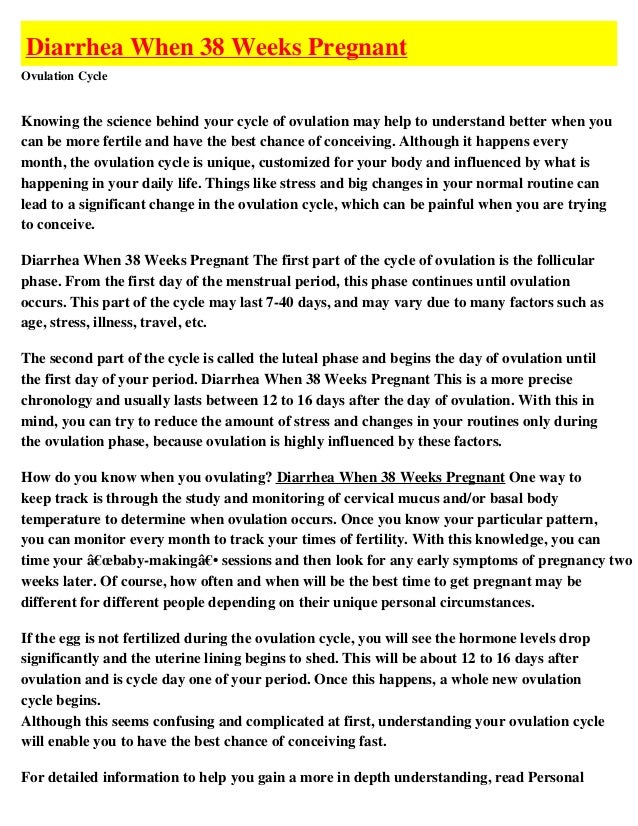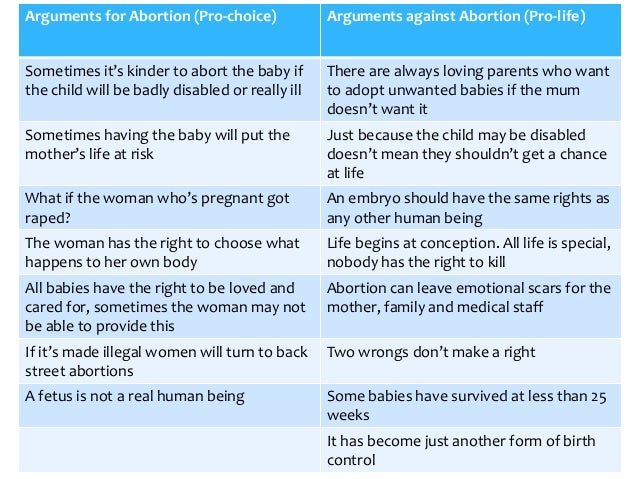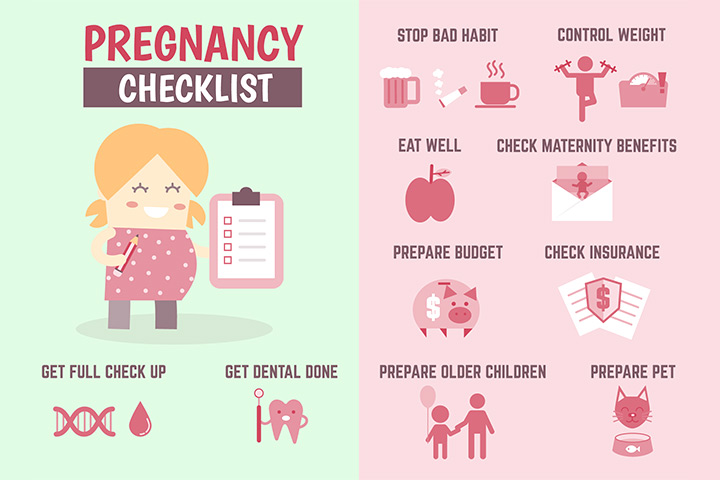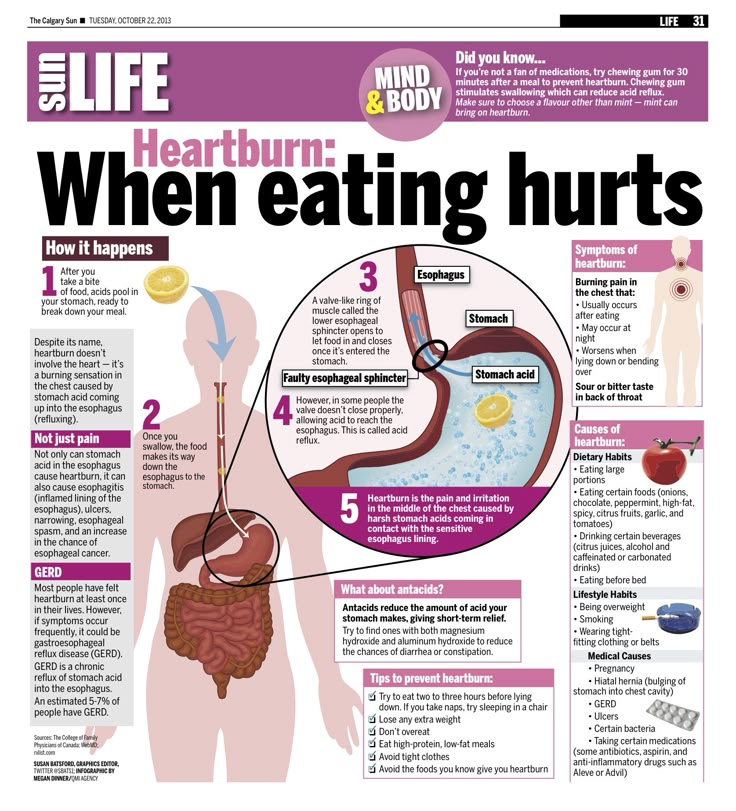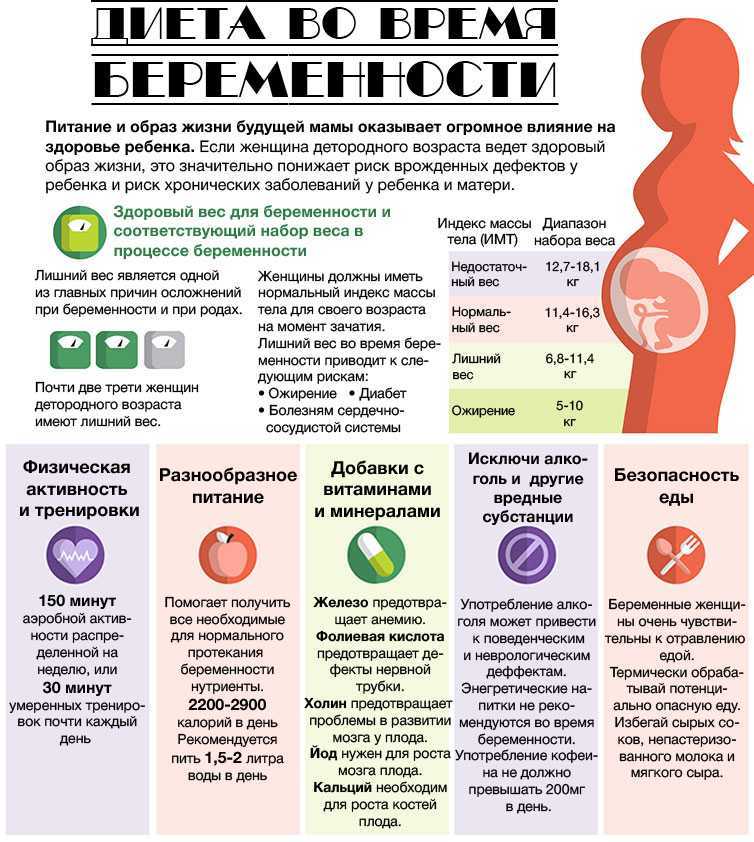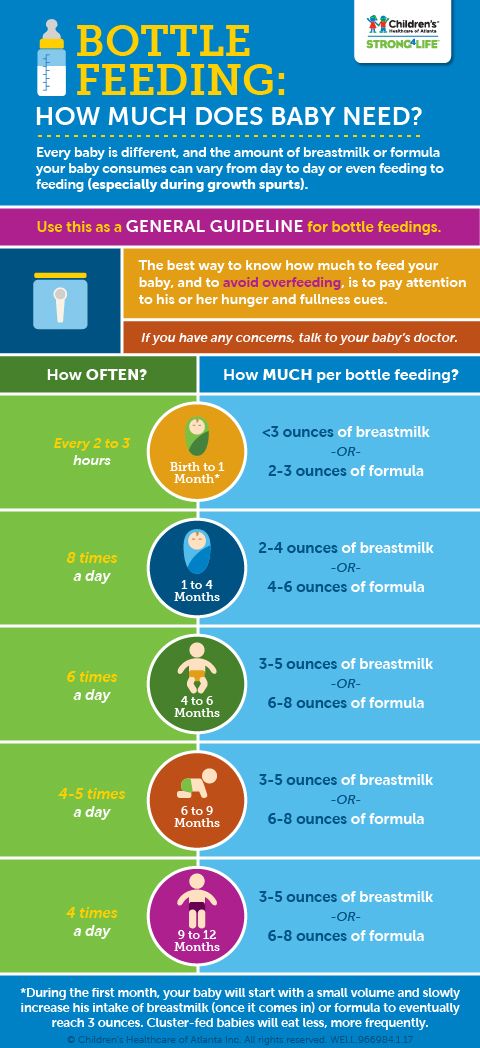17Th week pregnancy weight gain
How Much Weight Will I Gain During My Pregnancy?
Are you anxious about how much weight you will gain during your pregnancy? You're not alone! Every woman gains weight at a different rate, and it is hard to predict exactly how much weight you will put on. However, we'll give you an idea of the average amount of weight women gain during their pregnancies, as well as ways to stay healthy and within your recommended range.
Weight Gain During Pregnancy
How much weight you gain during pregnancy initially depends on how much you weigh prior to getting pregnant. If your pre-pregnancy weight was in the healthy range for your height at conception, you should gain between 25 and 35 pounds. If you were underweight for your height, you should gain 28 to 40 pounds. If you were overweight for your height, you should gain 15 to 25 pounds. If you were obese for your height, you should gain between 11 and 20 pounds.
For twins, you can expect to gain 37 to 54 pounds if you started at a healthy weight, 31 to 50 pounds if you were overweight, and 25 to 42 pounds if you were obese.
Most women start to show that they’re pregnant by their fifth or sixth month of pregnancy. That works itself out to be around the 17th week of pregnancy. Wondering how much weight gain at 17 weeks to expect? By this point of the pregnancy, you can expect to have gained around 5-10 pounds. In other words, you can expect to gain about 1-2 pounds per week during the second trimester. Sudden or excessive weight gain during this trimester could be indicative of a problem or complication. If that’s your case, be sure to make an appointment with a doctor or your OB.
Eating Healthy
Unfortunately, as you may have already heard, the phrase “eating for two” while pregnant is not true. In fact, you do not need any additional calories during your first trimester. And, for your second trimester, you only need 340 extra calories a day, and 450 extra calories daily in your third trimester. So, think in terms of how you can add extra healthy foods to your diet to help consume those extra calories. Banana and nut butter, veggies and hummus, and apple slices with string cheese- are all great options for snacks. Try and make healthy choices for those extra calories.
Banana and nut butter, veggies and hummus, and apple slices with string cheese- are all great options for snacks. Try and make healthy choices for those extra calories.
Staying Active
If you’re able to, and if your doctor gives you the go ahead, try and stay active during your pregnancy. For many women, energy levels tend to fall in the first and third trimesters, so take advantage of any energy that you do have by going on a brisk walk or partaking in prenatal exercises, like lifting light weights, prenatal yoga or pilates, cardio barre. For more inspiration, refer to these dozen of pins on Pinterest for exercise ideas.
Body Changes
Even if you are exercising and making an effort to avoid French fries, sundaes, chocolate, or any other food that isn’t the healthiest, you are still bound to put on weight, both in your belly but in other areas of your body too.
Where Does the Extra Weight Go During Pregnancy?
Baby: 8 pounds
Placenta: 2-3 pounds
Amniotic fluid: 2-3 pounds
Breast tissue: 2-3 pounds
Blood supply: 4 pounds
Stored fat for delivery and breastfeeding: 5-9 pounds
Larger uterus: 2-5 pounds
Total: 25-35 pounds
During your pregnancy, remember to give yourself some slack and enjoy your time being pregnant. Your body is growing right along with your baby, so be kind to it!
Your body is growing right along with your baby, so be kind to it!
Baby and You at 17 Weeks Pregnant: Symptoms & Development
Pregnancy Week by Week
- Week14
- Week15
- Week16
- Week17
- Week18
- Week19
- Week20
Advertisement
In this article:
Key takeaways at week 17
Baby's development at week 17
3D anatomy views
Pregnancy symptoms this week
Your body at 17 weeks
Tips for week 17
Checklist for week 17
Key Takeaways at 17 Weeks Pregnant
- You’re in the midst of the second trimester, which means those unpleasant early symptoms (extreme exhaustion and morning sickness) have probably given way to other issues: increased vaginal discharge and stretch marks—to name a few.
- Sorry tummy sleepers, it’s time to find a new slumber position. Sleeping on your belly could interfere with blood flow to baby. Side sleeping is ideal and recommended at this point.

- If you had an amniocentesis with inconclusive results, you may be scheduled for a cordocentesis this week (more on that below).
- At this time, baby is developing fast and has already mastered the sucking reflex. (Get those binkies ready!)
You’re at week 17 of your pregnancy; that’s almost halfway through, and there’s so much to do, it can be overwhelming. Our best advice? Don’t try to do it all yourself—ask for help. And whatever doesn’t get done? You’ll find it’s not that important anyhow.
Watch Week 17 Highlights
Baby at Week 17
Baby's rubbery cartilage is now turning to bone. And baby is growing some meat on those bones, putting on some fat. Your 17-week fetus is growing a stronger, thicker umbilical cord too.
How big is baby at 17 weeks?
A baby at pregnancy week 17 is the size of a pomegranate. Your 17-week fetus is about 5.1 inches long and weighs about 5.9 ounces.
17 weeks pregnant is how many months?
At 17 weeks pregnant, you're four months pregnant. But here's the catch: Pregnancy is technically longer than nine months—it's 40 weeks long, and if you assign four weeks to a month, that's 10 months long. Of course, some months have slightly more than four weeks. It can all get a little confusing, which is why doctors track pregnancy by week, not month.
But here's the catch: Pregnancy is technically longer than nine months—it's 40 weeks long, and if you assign four weeks to a month, that's 10 months long. Of course, some months have slightly more than four weeks. It can all get a little confusing, which is why doctors track pregnancy by week, not month.
17 week ultrasound
You may have a 17 weeks pregnant ultrasound if you’ve opted to have a cordocentesis. In this procedure, umbilical cord blood is tested for signs of chromosomal abnormalities. The doctor uses an ultrasound to find the place where the cord meets the placenta—that’s the spot where they need to remove the blood. Typically, this diagnostic test is performed after 17 weeks; it may be used if amniocentesis results were inconclusive and you and your partner want a more definitive answer about baby’s health.
What is baby doing at 17 weeks in the womb?
Even if you can’t feel it yet, baby is moving around your uterus. A 17-week fetus also has a sucking reflex and their heart is pumping blood. Around this time, baby develops the vernix, a slick, white substance that forms a barrier for the skin to protect it from the amniotic fluid.
Around this time, baby develops the vernix, a slick, white substance that forms a barrier for the skin to protect it from the amniotic fluid.
3D Views: My Baby, My Body
See their progress for yourself with our 3D interactive tool.
See My Baby in 3D
See My Body in 3D
ADVERTISEMENT
Pregnancy Symptoms at Week 17
When you’re 17 weeks pregnant, symptoms are most commonly due to your rapidly growing baby. Here’s what you’re likely feeling this week:
Increased bodily fluids
Vaginal discharge, sweat, mucus and other fluids are in full force because of your increased blood flow.
Weird dreams
You gave birth to a chipmunk? Married your boss? Having strange dreams might be caused by your hormones, but it might also be the result of your nerves and anticipation.
Itchy boobs and belly
As baby is growing, your skin is stretching thinner and can be more sensitive.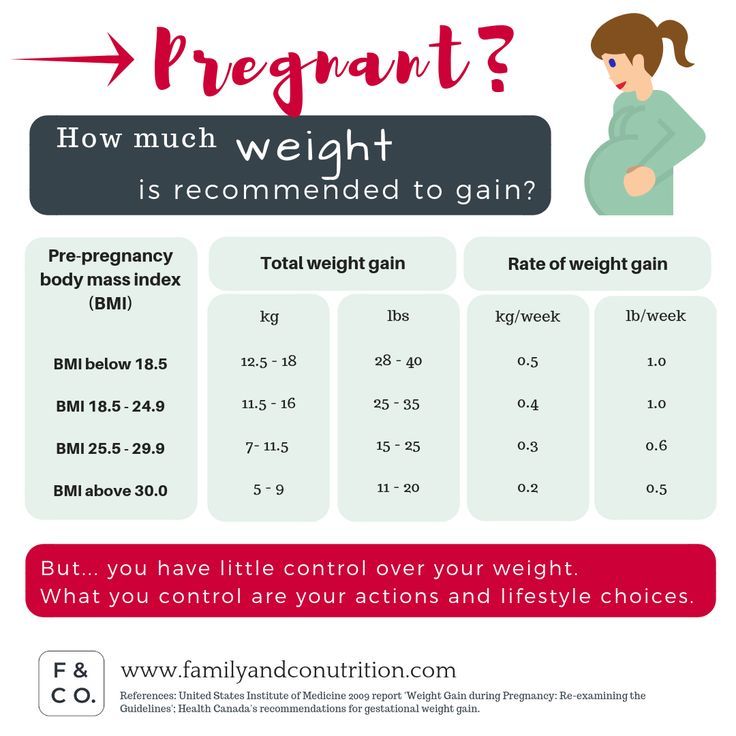 Resist the urge to scratch, and find a soothing skin cream that eases the itch.
Resist the urge to scratch, and find a soothing skin cream that eases the itch.
More rapid weight gain
You may have gained about 5 to 10 pounds by now. It’s normal to gain about 1 to 2 pounds per week in the second trimester. Sudden or excessive weight gain could be a sign of a problem though, so talk to your OB if it’s higher than that.
Stretch marks
As you’re putting on some pounds and your uterus continues to expand, getting some stretch marks might be inevitable (especially if you’re 17 weeks pregnant with twins!). It’s different for every woman. Drink lots of water to stay hydrated and use a good quality moisturizer to try to combat them.
Your Pregnant Belly at 17 Weeks
Baby is working on getting stronger, and your 17 weeks pregnant body is working on getting bigger—about 1 to 2 pounds bigger per week. (Weight gain should be about the same if you’re 17 weeks pregnant with twins.) Make sure you document your growing 17 weeks pregnant belly by taking lots of photos. We promise: One day you’re going to look back and reminisce about this time. You’ll want to have a keepsake of how your body changed.
We promise: One day you’re going to look back and reminisce about this time. You’ll want to have a keepsake of how your body changed.
Can I feel baby at 17 weeks?
Those first exciting kicks you may be feeling at week 17 have a name: the quickening. Those sensations are wonderful, but don’t be worried if you haven’t felt them yet (especially if this is your first pregnancy). It’s different for every woman, but baby’s first movements are typically felt any time between 16 and 22 weeks.
Can I lie on my stomach at 17 weeks pregnant?
It’s time to find a new position for sleeping. When you’re on your back, your growing baby and uterus put pressure on a big blood vessel, the inferior vena cava. This can interfere with blood flow to baby, and it can lower your blood pressure. It’s best for your 17 week baby bump to start sleeping on your left side for optimal blood flow. (Really, any position other than flat on your back is fine, if you are a back-sleeper, tuck a pillow under one hip to tilt your belly to the side)
Consider taking a birthing class or listen to a pregnancy podcast, or even google prenatal yoga classes near you to help you connect with your body and reduce any stress and worry you may be experiencing. Remember, there are many ways to prepare your body and mind for this journey ahead, so try to avoid overwhelm by recognizing that you don't need to know everything, just stick with the resources that resonate with you and feel like something you would like to explore.
Remember, there are many ways to prepare your body and mind for this journey ahead, so try to avoid overwhelm by recognizing that you don't need to know everything, just stick with the resources that resonate with you and feel like something you would like to explore.
Kelly Smith
Founder of Yoga for You
Tips for 17 Weeks Pregnant
Here’s what you can do this week to keep yourself happy, healthy and feeling great.
Take cold showers
Look, pregnancy is hard work, so it’s natural to have extra perspiration. Try cooling down in the morning with a colder shower than you may be used to. Bonus: Cold showers may help relieve aches and pains and boost your blood circulation.
Stop the itch
Don’t let itchy skin drive you crazy. Soothe your 17 weeks pregnant belly with aloe vera gel to lock in moisture. For double the hydration, combine some aloe vera gel with a moisturizer that has vitamin E or cocoa butter to really nourish your skin.
Practice portion control
You’re eating for two, but don’t go overboard—you should consume 2,200 calories per day to nourish you and baby at 17 weeks. Focus on eating small meals made up mainly of lean protein, produce, whole grains and heart-healthy fats.
Wear the right underwear
Vaginal discharge isn’t fun, but it doesn’t have to be uncomfortable. Wear breathable cotton underwear to stay cool and dry. If you need extra protection, try an unscented pantiliner.
ADVERTISEMENT
Pregnancy Checklist at 17 Weeks Pregnant
Reminders for the week:
- Decision point: Will you find out baby's sex at your next ultrasound (if you don’t know already)?
- Get nursery inspiration
- Plan your maternity leave
save article
PREVIOUS
Week 16Pregnancy
NEXT
Week 18Pregnancy
Watch These Videos Next:
Advertisement
17-20 weeks of pregnancy
17th week
Baby
The 17th week of pregnancy is marked for the baby by an active increase in the mass of his muscles, their gradual strengthening, which allows him to move in the tummy more intensively and variously. Quite frequent movements of the limbs help the child train the muscles, as well as develop the joints of the knees and elbows. At this time, the handles are still clenched into fists, rarely unclenched, and only in order to capture the umbilical cord or suck a finger. Up to 17 weeks, the head of the fetus was practically motionless, rather low, and the chin was close to the chest. Strengthening the muscles of the dorsal and cervical region at this time allows the child to raise his head almost to a vertical position. nine0008
Quite frequent movements of the limbs help the child train the muscles, as well as develop the joints of the knees and elbows. At this time, the handles are still clenched into fists, rarely unclenched, and only in order to capture the umbilical cord or suck a finger. Up to 17 weeks, the head of the fetus was practically motionless, rather low, and the chin was close to the chest. Strengthening the muscles of the dorsal and cervical region at this time allows the child to raise his head almost to a vertical position. nine0008
Internal organs continue to develop and improve. Their structure only becomes more complex, which contributes to the expansion of functionality. Their preparation will allow after the birth of the baby to begin normal, full-fledged functioning.
It is important to note the changes that occur in the system of blood vessels and heart of the fetus. The nerve plexuses that surround the heart give rise to the formation of the conduction system; its uniqueness lies in the fact that the heart does not need external signals to work. All internal organs of a person obey the central nervous system. The brain sends certain instructions according to which each of the organs works. The heart, in turn, functions with the help of command signals that arise in itself and cause it to contract. The exceptionally autonomous mode of operation of the heart allows it not to depend on the level of activity of the central nervous system throughout a person's life. nine0008
All internal organs of a person obey the central nervous system. The brain sends certain instructions according to which each of the organs works. The heart, in turn, functions with the help of command signals that arise in itself and cause it to contract. The exceptionally autonomous mode of operation of the heart allows it not to depend on the level of activity of the central nervous system throughout a person's life. nine0008
The 17th week of pregnancy is also characterized by the formation of the respiratory system, namely, the strengthening of the muscles of the lungs. Active respiratory contractions resemble inhalation and exhalation and thereby strengthen the muscles of the chest. There is also the formation of the alveolar apparatus of the lungs. Alveoli are presented in the human body in the form of small bubbles that are located on the surface of the respiratory apparatus and are responsible for gas exchange. Each breath contributes to the saturation of the blood with oxygen. At the 17th week, the alveoli are in a compressed state, but immediately after birth with the first breath, they will straighten out and be ready for normal functioning. nine0008
At the 17th week, the alveoli are in a compressed state, but immediately after birth with the first breath, they will straighten out and be ready for normal functioning. nine0008
The weight of the fetus at this time is about 150 g, and the length of the body is 12-13 cm. Normal weight gain for a given week is 5 kg. Also, the 17th week of pregnancy is characterized by an increase in the total blood volume of the expectant mother, because her fetus needs intensive nutrition. You can also note a rapid heartbeat due to the passage of a large amount of blood through the heart. Additional contractions of the heart or tachycardia may not be felt at all by the pregnant woman, or cause her discomfort. In the case of an active manifestation of tachycardia, it is necessary to seek help and advice from your gynecologist or cardiologist, who can determine the symptoms of a pregnant woman's heart disease, as well as prescribe the correct treatment to maintain normal well-being. nine0008
A sharp increase in the volume of blood in the habitual circulation can cause an expectant mother to have an increased level of bleeding gums, as well as nosebleeds.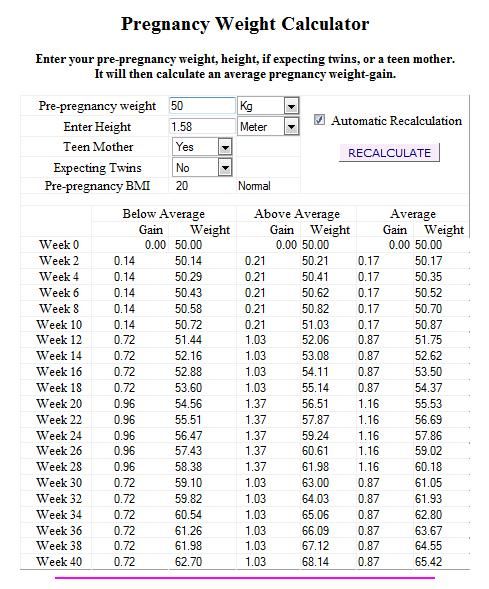 An increased load on the capillaries often leads to a failure in their work. Especially vulnerable are the mucous membranes of the nose and mouth. Properly selected vitamin complexes will correct this situation, strengthen the walls of blood vessels. In addition, doctors recommend using a soft toothbrush for hygiene purposes, which will reduce the risk of bleeding gums. It is also recommended to wash the nasal passages with solutions such as AQUAMARIS, PHYSIOMER, SALIN. If desired, you can prepare a similar solution at home. To do this, you will need 1 teaspoon of salt and a glass of water. All ingredients should be mixed before use. If these simple recommendations are ineffective and bleeding becomes more frequent, you should seek the help of a specialist. nine0008
An increased load on the capillaries often leads to a failure in their work. Especially vulnerable are the mucous membranes of the nose and mouth. Properly selected vitamin complexes will correct this situation, strengthen the walls of blood vessels. In addition, doctors recommend using a soft toothbrush for hygiene purposes, which will reduce the risk of bleeding gums. It is also recommended to wash the nasal passages with solutions such as AQUAMARIS, PHYSIOMER, SALIN. If desired, you can prepare a similar solution at home. To do this, you will need 1 teaspoon of salt and a glass of water. All ingredients should be mixed before use. If these simple recommendations are ineffective and bleeding becomes more frequent, you should seek the help of a specialist. nine0008
18th week
Baby
At the 18th week the baby weighs about 200-250 g, and its length is about 20 cm. During this period, the structure of the brain becomes more complex, and its total mass, nerve fibers increase covered with myelin, a special fatty membrane that promotes accelerated conduction of nerve impulses. Already after the birth of the child, this shell will allow the child to respond to stimuli from the outside.
Already after the birth of the child, this shell will allow the child to respond to stimuli from the outside.
The appearance of the fetus is already a bit like a newborn baby and is actively approaching this state. Facial features are becoming more and more distinct, the ears that were previously tightly pressed to the head are straightening out, the middle ear is being formed, and its perception is also improving. At this stage of pregnancy, the baby can already perceive stimuli from the outside, respond to all sorts of sounds. The noises that occur in the mother's body due to the active work of the internal organs are quite normal, familiar to him, and also contribute to the training of auditory perception. nine0008
It is impossible not to note the intensive work of the fetal endocrine system. At 18-19 weeks, the release of "baby" hormones is large enough, which allows even the mother's body to provide them. With a lack of own hormones in the body of a woman, they are compensated at the expense of children, and the mother's condition returns to normal.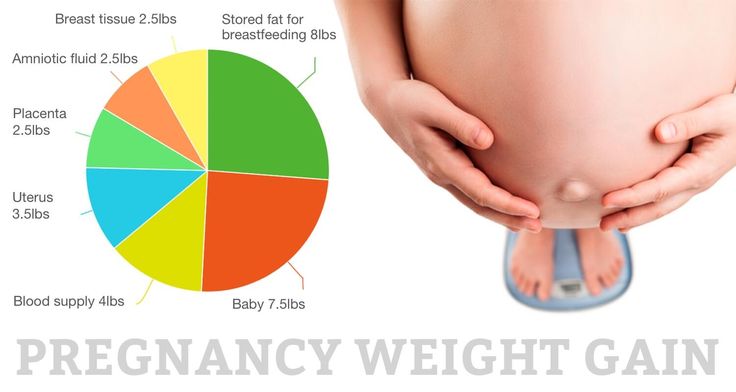
Expectant mother
This week, some of the mothers feel the first movements of their baby. Most often, women for whom this is the first child can feel fetal movements at 19-20th week. At earlier periods, namely, at 16-18 weeks, those women who already have their own children, as well as quite thin women with a slight layer of fat under the skin, note the stirring.
At the first stages, the movements will be rather weak, brief and episodic, but after a short period of time they will become more distinct and become more frequent. The nature of the shocks can be different:
- touches;
- light shocks;
- twitches; nine0041
- rolling.
For a woman, her baby's first kicks are very much expected. This is an exciting moment that will allow the expectant mother to remember these pleasant sensations with trepidation, and also as proof of her connection with the child. At the 18th week, the movements of the child are quite chaotic, varied and appear during the wakefulness of the baby. With emotional stress, they can become more intense. Also, the child may report an insufficient amount of oxygen, which occurs due to the lack of movement of a woman, insufficient time spent on the street, as well as when staying in the same position for a long time (driving a vehicle, at work). Most of the time at this stage of development, the fetus sleeps. nine0008
With emotional stress, they can become more intense. Also, the child may report an insufficient amount of oxygen, which occurs due to the lack of movement of a woman, insufficient time spent on the street, as well as when staying in the same position for a long time (driving a vehicle, at work). Most of the time at this stage of development, the fetus sleeps. nine0008
19th week
Baby
The 19th week is characterized for the fetus by intensive growth of limbs in length, increase in size, slowing down of head growth. Its length is already 25 cm, and its weight is approximately 250-300 g. The child changes greatly in appearance, his body no longer looks disproportionate.
Fat under the skin allows the relief of the torso to change slightly and round. This brown fat is just laid down for a period of 19-20 weeks. After birth, it is he who will perform the function of thermoregulation and protect the child from hypothermia or overheating. With age, this fat disappears and remains only in certain places: in the thickness of a person’s cheeks, in the kidney area, under the armpits, and shoulder blades.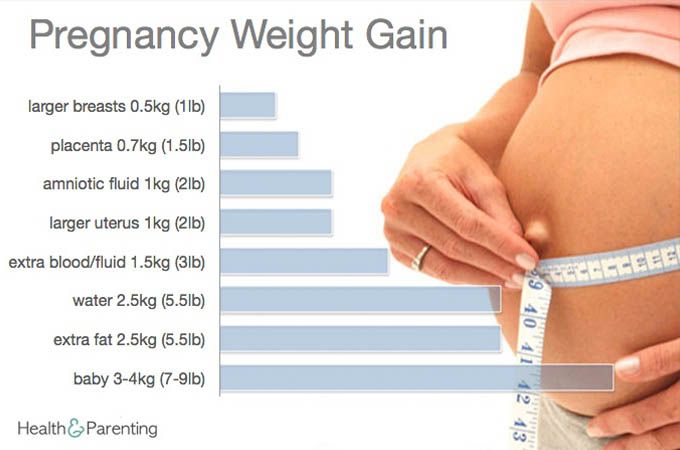 nine0008
nine0008
At this time, the laying of permanent teeth, which are located in the dental plate under the rudiments of milk teeth, and the maturation of the brain also take place. Special processes allow you to establish connections between neurons. Cells intertwine with each other and create a whole system for the transmission of impulses, ensure the synchronism of the brain. Structures that are responsible for touch, taste, sight, hearing, and smell are actively developing.
Changes also occur in the hematopoietic system. The spleen is connected to the process of formation of blood cells, produces leukocytes, whose task is to protect the child's body from external and internal factors. Under 19-20 weeks, the fetal blood consisted only of erythrocytes and at this stage its composition changes dramatically and approaches the composition of the blood of a newborn.
Expectant mother
The tummy of the expectant mother is actively growing, and the fundus of the uterus is already located up to 2 cm below the navel. Weight gain is about 3-6 kg and is distributed proportionally between the placenta, uterus, fetus, amniotic fluid. The weight of the fetus is only a tenth of the total added weight.
Weight gain is about 3-6 kg and is distributed proportionally between the placenta, uterus, fetus, amniotic fluid. The weight of the fetus is only a tenth of the total added weight.
Due to the intensive growth of the uterus, a woman may feel discomfort. Often this condition manifests itself when changing the position of the body, bending to the sides, walking. The nature of pain can be different. It can be pulling, sharp, sudden pains that occur both on one side and on both sides. The stretching of the ligaments that are attached to the side walls of the uterus and the pelvic bones in order to fix the uterus is quite active. The uterus of a woman is, as it were, in limbo due to this ligamentous apparatus. When the ligaments are pulled during a change in the position of the uterus, pain occurs. nine0008
This kind of pain is quite normal and typical for this period of pregnancy. In critical situations, a gynecologist may recommend that a woman take antispasmodics, which will help to relax the uterus, as well as eliminate the problem of pain almost completely. At the 19th week, it is important for the gynecologist to exclude such risks of pregnancy complications as the threat of miscarriage and uterine hypertonicity. If one of these risks is detected, the expectant mother will be prescribed hospital treatment. nine0008
At the 19th week, it is important for the gynecologist to exclude such risks of pregnancy complications as the threat of miscarriage and uterine hypertonicity. If one of these risks is detected, the expectant mother will be prescribed hospital treatment. nine0008
20th week
Baby
The baby at this time is 28 cm long and weighs about 340 g. Until this week of pregnancy, the length of the fetus was measured by calculating the length from crown to tailbone. After the 20th week, the specialist includes in the concept of growth the length of not only the body, but also the lower limbs as well.
At this stage of development, the child is quite active, makes numerous movements, since there is enough space in the uterus for him to roll, push off the walls, and other movements. The baby can smile, grab the umbilical cord, feel himself, frown, close his eyes. His facial expressions are quite developed and more pronounced than before. nine0008
The skin becomes dense, actively covered with fluffy hairs and a special lubricant. A large amount of this lubricant is in the folds. This lubricant prevents the risk of mechanical friction, has bactericidal properties, and ensures optimal passage of the fetus through the mother's birth canal during childbirth.
A large amount of this lubricant is in the folds. This lubricant prevents the risk of mechanical friction, has bactericidal properties, and ensures optimal passage of the fetus through the mother's birth canal during childbirth.
It is impossible not to note the intensive development of the gastrointestinal tract. Small portions of amniotic fluid, which the child swallows, wash the walls of the intestines and stomach, lead to the training of peristalsis, and contribute to the contraction of the intestines. nine0008
At the 20th week, amniotic fluid is processed. In the body of a child, the first feces - meconium - is formed. It has a dark green color. It consists of mucus, water, epithelial cells, and bile. Accumulation of meconium is carried out in the intestinal lumen. On the first day of birth, it comes out.
Expectant mother
The 20th week is the end of the first half of a woman's pregnancy. Starting from the following weeks, the load on the body of the expectant mother only increases.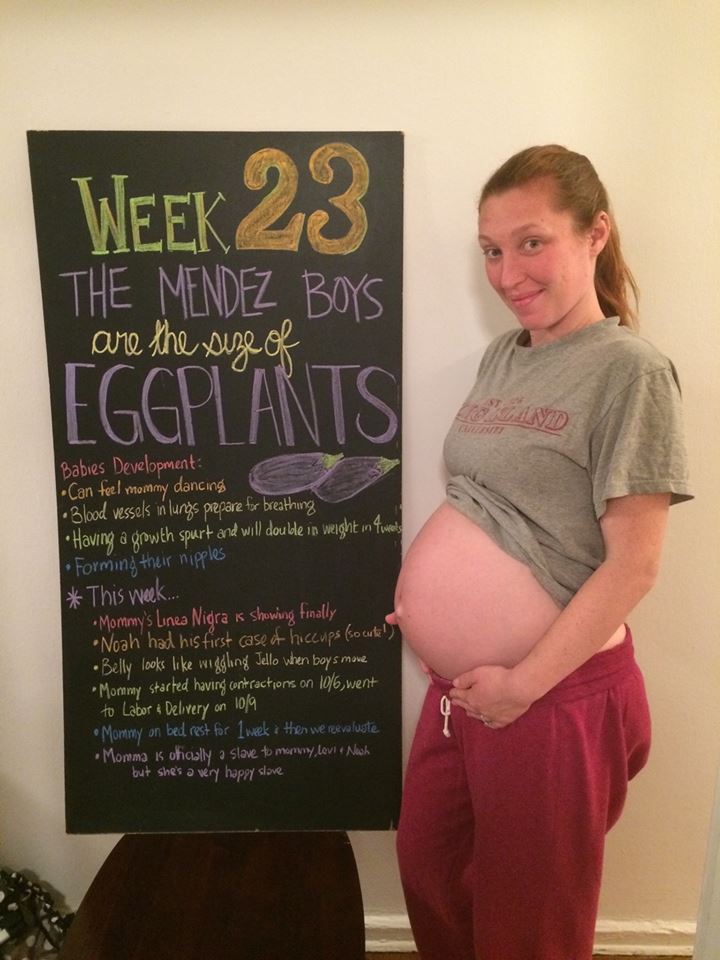 This fact can be explained by the active development of the fetus in the womb. nine0008
This fact can be explained by the active development of the fetus in the womb. nine0008
The belly of a pregnant woman is significantly enlarged, and the fundus of the uterus is already at the level of the navel. During this period, a woman may complain about the manifestation of symptoms of shortness of breath: after all, the uterus is already beginning to put pressure on the lungs. Also characteristic of this week is an increase in urination. Squeezing of the bladder leads to frequent urination.
The discharge from the woman's vagina also increases. A large blood flow contributes to increased secretion production. The discharge may be mucous or white. It should also be noted that they should not have a foreign unpleasant odor, and also cause itching, burning. Changes in a woman's secretions are an occasion to consult a doctor for advice, because this can signal to the expectant mother about the presence of various kinds of diseases. Curdled, thick, yellow discharge with an unpleasant odor can signal the presence of sexual infections and their exacerbation, a violation of the microflora, and the manifestation of thrush.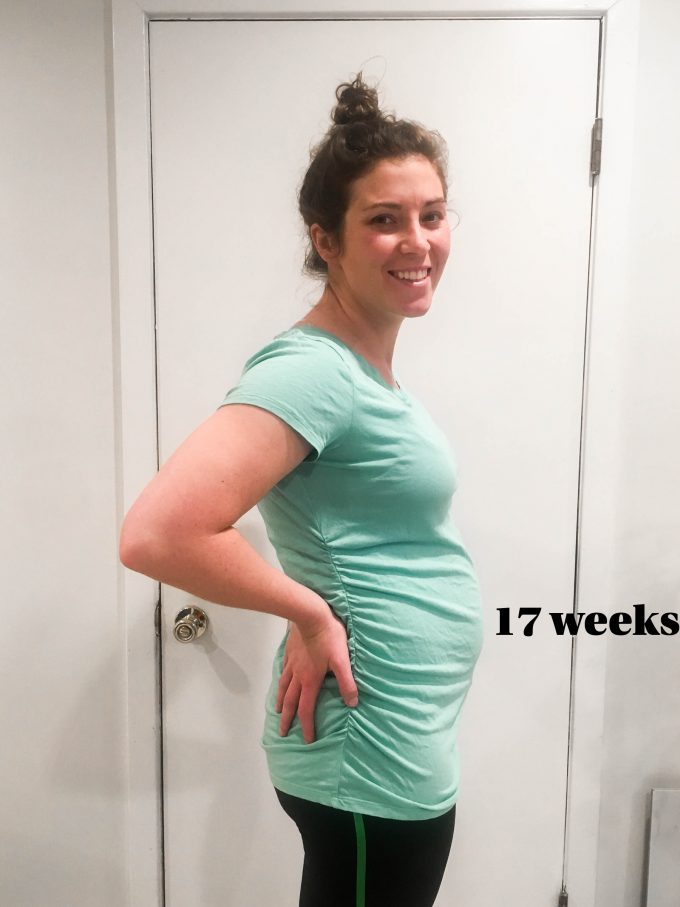 Pregnant women are prone to colpitis, as their mucosa becomes more attractive to microbes, promotes their active reproduction and thereby increases the risk of infection of the fetus with an infection. nine0008
Pregnant women are prone to colpitis, as their mucosa becomes more attractive to microbes, promotes their active reproduction and thereby increases the risk of infection of the fetus with an infection. nine0008
That is why, on the 20th week, women are required to undergo screenings, a smear of secretions for flora, and also undergo diagnostics of genital infections. If any signs of deterioration in the condition of the pregnant woman are detected, the doctor may prescribe an additional examination and a course of treatment.
Weight during pregnancy. What increase is considered optimal?
Why is excessive weight gain during pregnancy particularly harmful? What should be the calorie content of the diet? How to build your diet so that you can eat varied (and tasty), but at the same time not gain too much? Let's figure it out. nine0098
What makes up weight gain during pregnancy?
An increase in the subcutaneous fat layer during pregnancy is a normal and natural process.
While the baby is growing inside you, he needs energy and external protection. But during pregnancy, weight increases not only and not so much due to the adipose tissue of the mother: there is more fluid in the body, the uterus grows, the fetus and placenta develop, and the breasts increase in preparation for the feeding process. nine0008
Interestingly, weight loss during the period of toxicosis can further provoke its increase: the body will try to regain what was lost.
Expectant mothers especially actively gain weight in the second trimester and the beginning of the third, but closer to childbirth, a pregnant woman can even lose 1-2 kilograms.
As long as the weight grows more or less evenly and does not go beyond the upper limit of the norm, there is nothing to worry about. But if your weight is rapidly going up, you should be wary.
How to correctly calculate the weight, and what increase is considered optimal?
In Russian obstetric practice, it is generally accepted that the total increase should not exceed 12 kg. for the entire pregnancy. Of these 12 kg. 5-6 accounts for the fetus, placenta, amniotic fluid, another 1.5-2 - for an increase in the uterus and mammary glands, and only 3-3.5 - for the fat mass of a woman.
for the entire pregnancy. Of these 12 kg. 5-6 accounts for the fetus, placenta, amniotic fluid, another 1.5-2 - for an increase in the uterus and mammary glands, and only 3-3.5 - for the fat mass of a woman.
But this is a general indicator, a kind of "average temperature in the hospital." The optimal increase is calculated individually and depends on the initial weight of the pregnant woman, her age, the number of fetuses and the size of the child (children), physical activity. nine0008
WHO recommends that optimal weight gain be calculated based on Body Mass Index (BMI).
It is determined by the formula: body weight (kg) / height squared (m).
| BMI | Recommended weight gain |
|---|---|
| 19.8-26 (normal body weight) | 12.5-15 kg |
| 26.1-29 (overweight) | 11.5 - 14 kg | nine0134
| over 29 (obese) | 7-9 kg |
How to calculate the optimal weight gain?
To do this, use the following chart:
- Calculate your BMI: Divide your initial weight in kg.
 for height in meters squared.
for height in meters squared.
For example, your “pre-pregnancy” weight was 60 kg with a height of 170 cm.
BMI = 60: (170 x 170) = 20.76.
- A BMI of less than 18.5 indicates underweight. Indicators from 18.5 to 25 are within the norm, from 25 to 30 are above the norm, and a figure greater than 30 indicates obesity. nine0041
- Now that you know your BMI, find the optimal weekly increase in the table and compare it with yours.
| Week of pregnancy | Underweight before pregnancy (BMI less than 18.5) | Normal pre-pregnancy weight (BMI 18.5 to 24.9) | Overweight before pregnancy (BMI over 30) |
|---|---|---|---|
| 4 | 0-0.9 kg | 0-0.7 kg | 0-0.5 kg |
| 6 | 0-1.4 kg | 0-1 kg | 0-0.6 kg |
| 8 | 0-1.6 kg | 0-1.2 kg | 0-0. 7 kg 7 kg |
| 10 | 0-1.8 kg | 0-1.3 kg | 0-0.8 kg |
| 12 | 0-2 kg | 0-1.5 kg | 0-1 kg |
| 14 | 0.5-2.7 kg | 0.5-2 kg | 0.5-1.2 kg |
| 16 | up to 3.6 kg | up to 3 kg | up to 1.4 kg |
| 18 | up to 4.6 kg | up to 4 kg | up to 2.3 kg |
| 20 | up to 6 kg | up to 5.9 kg | up to 2.9 kg |
| 22 | up to 7.2 kg | up to 7 kg | up to 3.4 kg |
| 24 | up to 8.6 kg | up to 8.5 kg | up to 3.9 kg | nine0134
| 26 | up to 10 kg | up to 10 kg | up to 5 kg |
| 28 | up to 13 kg | up to 11 kg | up to 5.4 kg |
| 30 | up to 14 kg | up to 12 kg | up to 5. 9 kg 9 kg |
| 32 | up to 15 kg | up to 13 kg | up to 6.4 kg |
| 34 | up to 16 kg | up to 14 kg | up to 7.3 kg |
| 36 | up to 17 kg | up to 15 kg | up to 7.9 kg |
| 38 | up to 18 kg | up to 16 kg | up to 8.6 kg |
| 40 | up to 18 kg | up to 16 kg | up to 9.1 kg |
Recently, doctors are increasingly talking about an individual approach and urge not to panic if the increase is slightly beyond the normal range. When assessing the state of health of a pregnant woman, the doctor focuses not only on weight, but also takes into account the results of tests and examinations and other important indicators. nine0008
Why is excessive weight gain dangerous?
Gaining extra pounds can lead to gestational diabetes, hypertension, preeclampsia, or a caesarean section.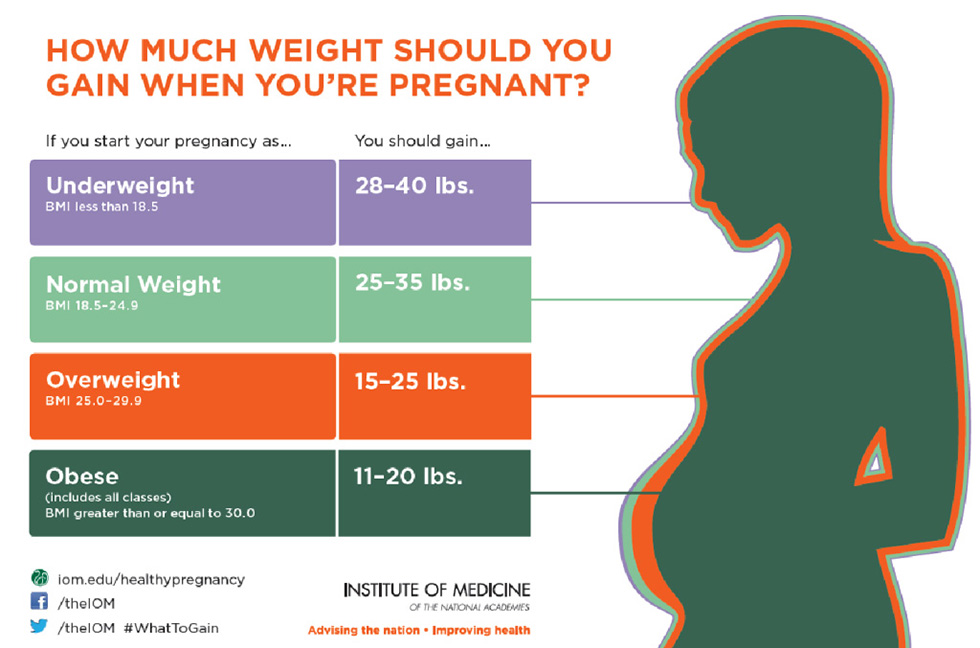
In addition, excessive weight gain during pregnancy may increase the risk of obesity and associated cardiovascular disease.
What can I do to keep my weight within normal limits during pregnancy?
First of all, consult a nutritionist. If there is no such doctor in the antenatal clinic, it makes sense to contact a specialist on a commercial basis. He will develop an individual diet, which will contain all the useful elements, and will offer to keep a food diary. It will also tell you how to eat right and weigh yourself. nine0098 To prevent excessive weight gain during pregnancy, it is enough to follow simple rules of a healthy diet:
- Eat often and in small portions;
- Always have a “healthy snack” on hand: fresh apple wedges, unsweetened crackers, dried fruit, or sugar-free yogurt;
- Refuse soda, chips, sausages and sausages;
- Minimize the consumption of sweets;
- Avoid fast food;
- Limit the use of seasonings, especially salt, which retains water in the body; nine0041
- Choose steamed dishes;
- Eat more fiber-rich foods such as whole grain bread, bran, vegetables;
The diet of a pregnant woman should be varied. Include grains, vegetables, fruits, dairy products, meat and fish, legumes, or nuts.
Include grains, vegetables, fruits, dairy products, meat and fish, legumes, or nuts.
It must be remembered that expectant mothers should never starve and adhere to extreme diets.
How many calories per day do you need during pregnancy? nine0101
It is difficult to calculate the energy value per day on your own, and then strictly adhere to a certain number of calories, and it is not necessary, unless it is recommended by a nutritionist or endocrinologist. On average, you can aim for 2000-2500 calories per day, but it is important to understand that the need for calories depends on many factors: age, initial weight, health status and level of physical activity.
When should I be on the alert?
Strictly speaking, it is better for a pregnant woman not to worry and entrust her condition to a doctor who will monitor the development of pregnancy, analyzes and monitor weight. It is important to take tests to determine the level of fasting blood glucose once a trimester.

